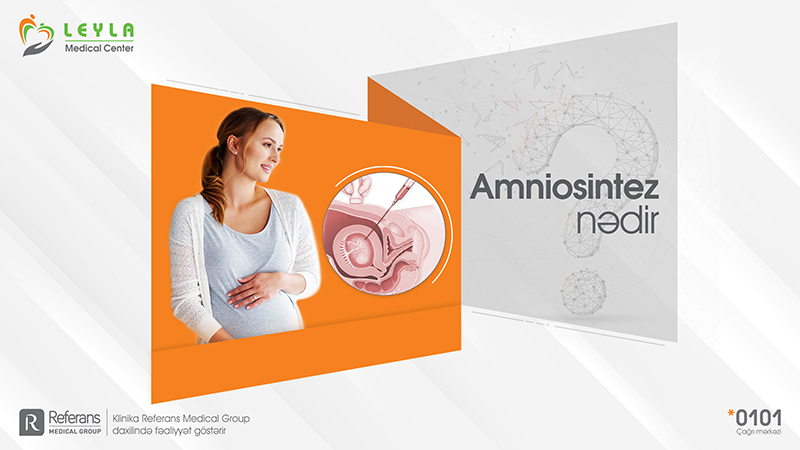
What is amniocentesis? What is it performed for?
- Amniocentesis is a procedure carried out at 16–20 weeks of pregnancy, during which a thin needle is inserted through the mother’s abdomen into the amniotic sac to collect 15–20 ml of amniotic fluid. Amniocentesis is performed in combination with ultrasound examination, similar to chorionic villus sampling (CVS). The main purpose of amniocentesis is to detect the risk of chromosomal abnormalities in the fetus or to identify possible genetic diseases.
- Amniocentesis is most often conducted when there is a high risk of chromosomal disorders, as indicated by the results of triple or quadruple tests, a family history of Down syndrome or other chromosomal abnormalities, or the detection of symptoms suggesting possible chromosomal anomalies on detailed ultrasound examination.
31 October 2021
Loading...